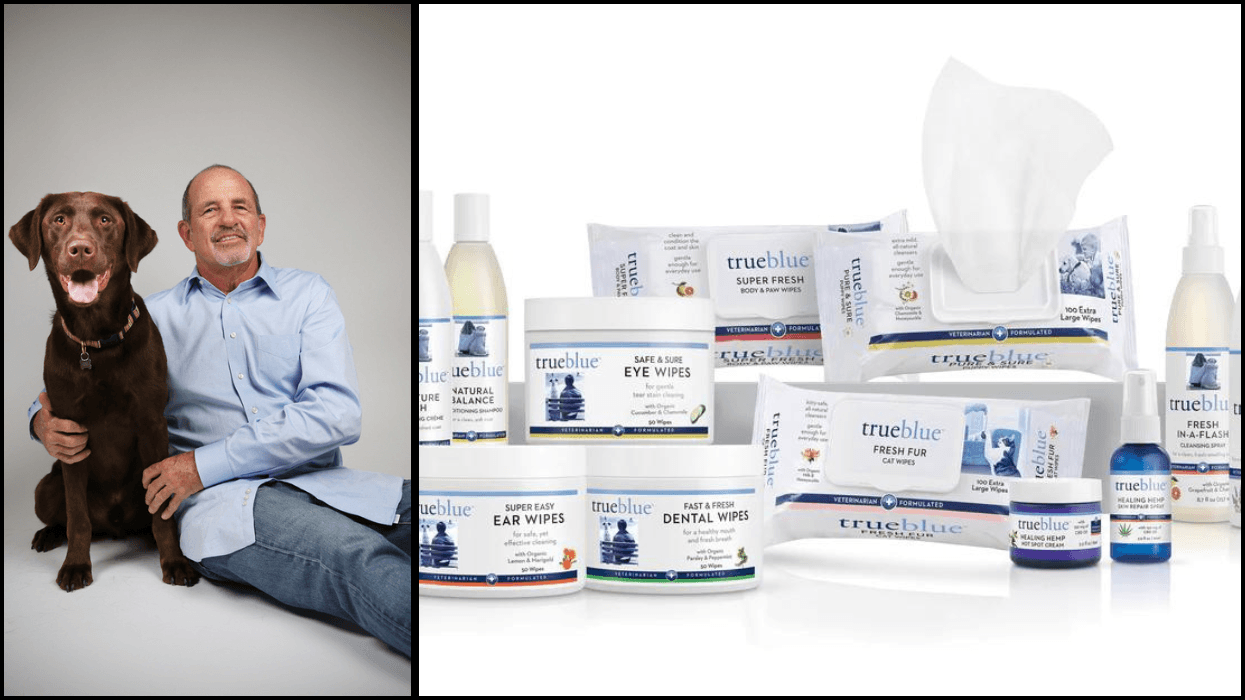Health
Report: ADAP waiting lists and other restrictions persist
By continuing to use our site, you agree to our Private Policy and Terms of Use.
Report: ADAP waiting lists and other restrictions persist
Report: ADAP waiting lists and other restrictions persist
The ninth annual National AIDS Drug Assistance Programs Monitoring Project Report, released this week by the Kaiser Family Foundation and the National Alliance of State and Territorial AIDS Directors, shows that 21 states have limited access to their ADAPs in some way, including implementation of waiting lists, capping enrollment, or reducing the number of drugs provided. The report shows that the national ADAP budget rose 11% in fiscal 2004 due to increases in federal and state funding and drug rebates. But despite increased funding levels, the need for anti-HIV medications still outweighs resources in some states. As of March, 21 states reported having one or more cost containment measures in place, including waiting lists (11 states), capped enrollment (three states), and formulary reductions or restrictions (four states). The 11 ADAPs with waiting lists, totaling 627 individuals, were Alabama, Alaska, Arkansas, Idaho, Iowa, Kentucky, Montana, Nebraska, North Carolina, West Virginia, and Wyoming. "This is an ongoing, severe crisis in which many states are desperately struggling to provide these lifesaving medications to people in need," said Julie Scofield, executive director of NASTAD. "With needs outpacing resources, ADAPs continue to face difficult choices to keep programs solvent and continue access to medications for current clients and new individuals joining the care system." ADAP financial eligibility varies greatly from state to state, ranging from 125% of the federal poverty level in North Carolina--approximately $9,300 for an individual--to 500% of the federal poverty levels in Delaware, Maryland, Massachusetts, New Jersey, and Ohio, according to the report. ADAP formularies also vary considerably, with Louisiana offering only 25 drugs and New York offering nearly 500. Seventeen ADAPs do not offer all Food and Drug Administration-approved HIV antiretroviral medications, including South Dakota, which doesn't cover any protease inhibitors, a key component of triple-drug combination therapy. Louisiana's program doesn't cover any medications to treat AIDS-related opportunistic infections. About 130,000 HIV-positive Americans receive services through ADAPs each year, according to the report. The majority of people enrolled in ADAPs are low-income, male, uninsured, and people of color. The federal government estimates that there are about 1 million HIV-positive Americans. Each year an estimated 40,000 Americans are infected with HIV.
Want more breaking equality news & trending entertainment stories?
Check out our NEW 24/7 streaming service: the Advocate Channel!
Download the Advocate Channel App for your mobile phone and your favorite streaming device!

